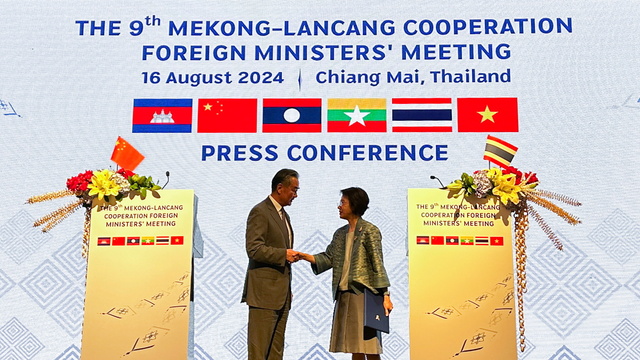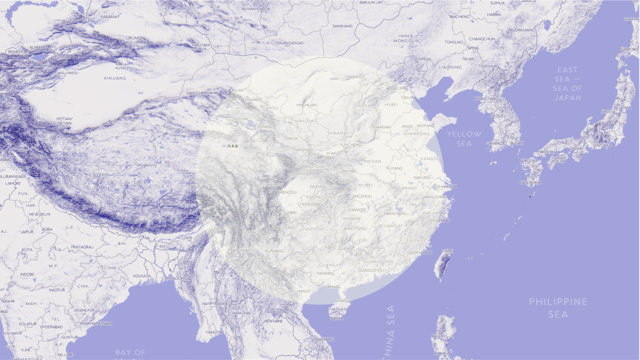China’s Quiet Strategy in Bulgaria: Economic Appeal, Political Constraints

After decades of fluctuating relations, Bulgaria today finds itself balancing economic opportunities from China with the political commitments of its EU and NATO membership. Bulgaria sees China as a potential economic partner, joining the Belt and Road Initiative in 2015 and building ties in the business sector. Still, it remains cautious about deeper political cooperation. In their article, our researcher Asya Metodieva and Dimitar Keranov from Engaging Central Europe explore risks for the Bulgarian national politics from Chinese influence in the region.
After decades of diplomatic estrangement during the Cold War, Bulgaria-China relations began normalising in the 2000s. Since 2014, diplomatic relations have improved, followed by presidential visits. As a result, President Rumen Radev signed the strategic partnership in 2019. Since last year, Beijing has granted visa-free travel to Bulgarian citizens, expanding person-to-person cooperation. In their policy paper China’s Quiet Strategy in Bulgaria: Economic Appeal, Political Constraints, published by the German Marshall Fund of the United States, Asya Metodieva and Dimitar Keranov analyse how Beijing’s growing presence affects Bulgaria’s politics, economy, and security.
Despite Bulgaria being a member of the EU and NATO, the authors pointed out that Bulgarian leaders have focused on the potential financial benefits from China, such as the significant presence of Chinese technology companies in the country's digital sector, while overlooking the associated risks for national security. For now, Huawei accounts for almost 1% of the country's GDP, and Chinese providers dominate 5G coverage. Such investments in the technology sector can cause dependencies, undermining the country's stability and security. However, many projects, financed through Chinese investments, have not been implemented, resulting in financial losses and raising concerns about their long-term impact on Bulgaria's security.
Today, China is increasing its military production, which will require decisive action in its foreign and defence policy, prioritising transparency and cooperation with NATO, as cooperation with Chinese technologies could lead to the leakage of sensitive information.
You can find out what other risks cooperation with China poses for Bulgaria in the new policy paper above.







